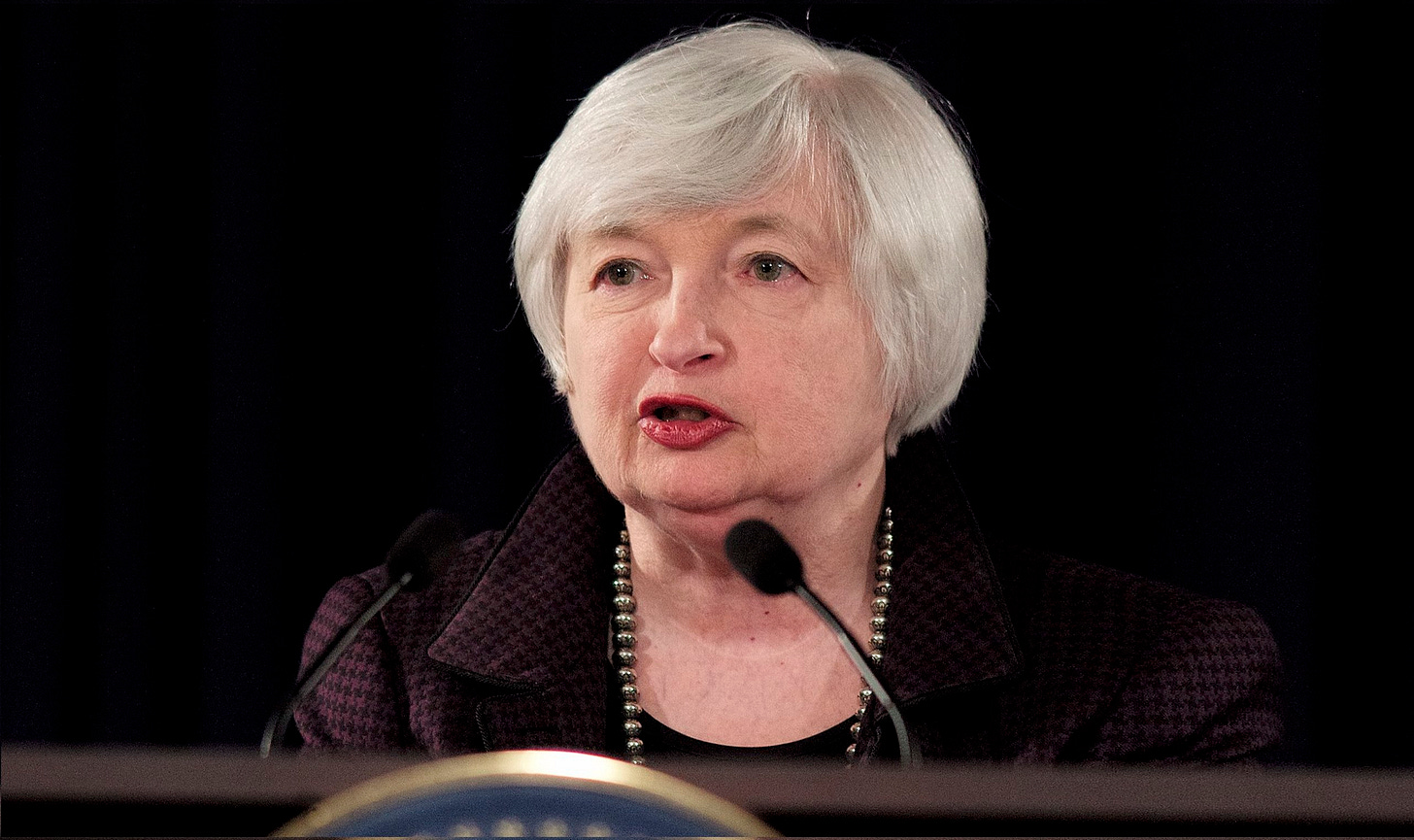U.S. Treasury Secretary Janet Yellen and the financial leaders of the other G7 nations (Canada, the United Kingdom, France, Germany, Italy, and Japan) recently agreed to a minimum corporate tax rate of 15 percent, and they are currently working to convince holdouts in the G20 nations to join the agreement.1
According to current proposals, the global minim…
Keep reading with a 7-day free trial
Subscribe to The Objective Standard to keep reading this post and get 7 days of free access to the full post archives.



